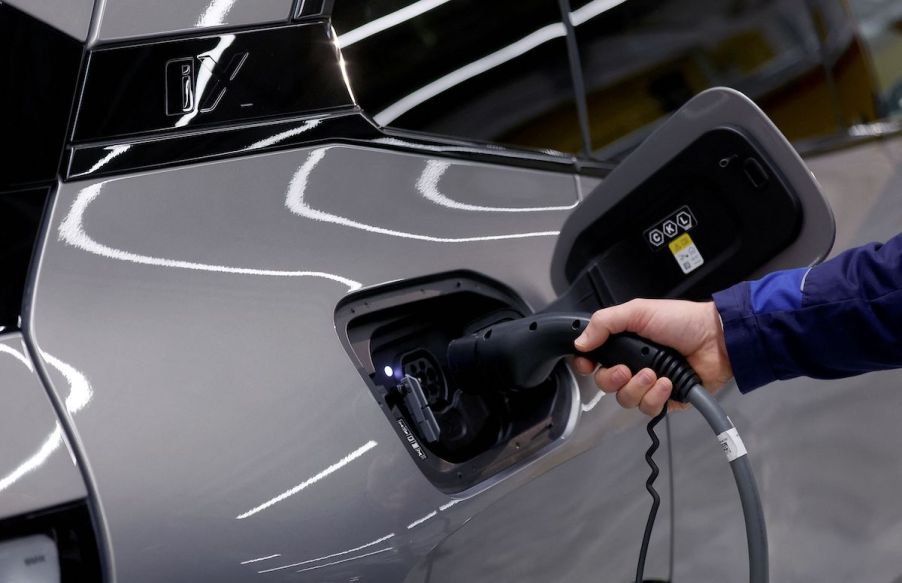
How Much Does It Cost to Build and Install a Level 3 Electric Vehicle (EV) Charging Station?
As electric vehicles become more popular, drivers are learning the ins and outs of EV terminology and how these cars work. One area of interest is installing charging stations at home for convenience and to relieve range anxiety. So, how much does it cost to install a Level 3 charging station at home?
Can you install a Level 3 charging station at home?

When it comes to EV charging stations, users have three levels to choose from. For reference, Level 1 stations have the lowest voltage, while Level 3 chargers have the highest.
According to the U.S. Department of Energy, Level 1 and Level 2 charging stations use alternating current (AC), with Level 1 stations providing charging through a 120-volt AC plug and Level 2 chargers using a 208- to 240-volt AC plug. Generally speaking, residential areas support only Level 1 or Level 2.
Compared to the AC plugs on Level 1 or Level 2 stations, Level 3 chargers use direct current (DC). That’s why Level 3 charging stations are also known as DC fast chargers or Superchargers.
Because these stations provide 400- to 900-volt plugs, most residences cannot support that much additional electricity use. If you want to install one of these charging stations at home, consult a trusted electrician and your power provider.
During this consultation, you can find out if your area supports that much voltage and the equipment you would need to purchase. You might also receive a quote and schedule an installation if approved.
How much does installing a Level 3 charging station at home cost?
Even if your residential area is approved to support a Level 3 charging station, affording it could be a significant barrier.
For instance, a Level 1 home charging station costs about $300 to $600 before labor and $1,000 to $1,700 including installation. Comparatively, a Level 2 charging station in a residential area costs about $500 to $700 for the equipment and $1,200 to $2,000 with installation.
Though Level 1 and Level 2 are affordable for many EV drivers, the price to install a Level 3 station runs in the five figures. A single port for a Level 3 charger costs around $40,000.
In addition, the equipment and installation of a residential Level 3 station could cost upward of $80,000. That high price is why these chargers are predominantly found at public and commercial facilities.
Understanding different charging station rates for EVs
Level 3 stations provide the fastest way for EV drivers to charge their vehicles. According to the U.S. Department of Transportation, Level 3 stations can refuel an EV from 0 to 80% in about 30 minutes. The charging speed can vary from 20 minutes to an hour depending on the weather, car model, and connector type.
Compared with the fastest Level 3 charging stations, Level 1 and Level 2 chargers take considerably longer to juice up electric vehicles. Level 1 chargers use the same type of port as a regular household outlet at 120 volts. Charging an EV through a Level 1 plug gains about 4 miles each hour. Therefore, the vehicle would need to be plugged in for 30-plus hours to reach a full charge in most cases.
Naturally, Level 2 is more efficient than Level 1. Whereas Level 1 chargers are primarily located in residential neighborhoods, Level 2 stations are found in residential and commercial areas. The charging rate with a Level 2 charger is about 12 to 30 miles per hour. That means it takes eight to 12 hours to reach a full charge.


